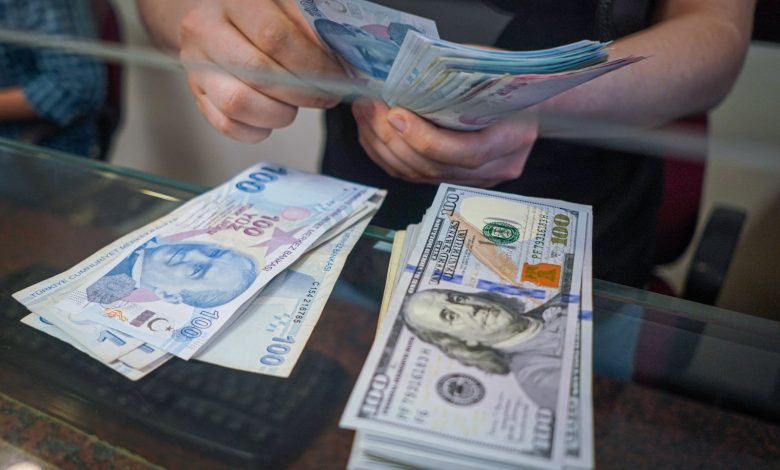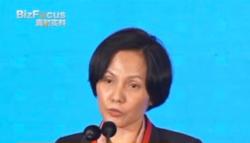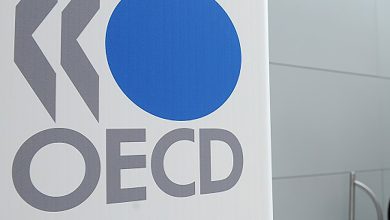Türkiye optimistic as FX-linked deposit withdrawals gain pace

The Turkish government expects the decline in the volume of a foreign exchange-protected deposit scheme to maintain pace after data showed withdrawals reached a six-month high last week.
Authorities have been seeking to gradually phase out the scheme, known as KKM, which has weighed heavily on the budget, in a broad policy reversal since last year.
The central bank protects deposits from depreciation under the scheme, adopted in late 2021 to help reverse dollarization and support the Turkish lira.
Since President Recep Tayyip Erdoğan won reelection in May 2023, authorities have raised interest rates sharply under the U-turn and set a goal of reducing the KKM account volume.
The scheme’s stock has declined by TL 1.6 trillion ($48 billion) from its peak a year ago, Treasury and Finance Minister Mehmet Şimşek said Thursday.
His remarks came after official data showed the KKM volume decreased by TL 67.7 billion in the week to Aug. 2. That marked the highest withdrawals since Feb. 2 week.
“The KKM stock that stood at TL 3.4 trillion a year ago has decreased by TL 1.6 trillion over the past 50 weeks,” Şimşek wrote on social media platform X.
The total volume has declined to TL 1.76 trillion as of Aug. 2 week, according to the Banking Regulation and Supervision Agency (BDDK).
“We expect the accelerated exit from the KKM to persist in the near future,” said Şimşek.
He referred to the scheme losing its tax advantage after authorities started imposing withholding tax on KKM accounts as of August.
That came after the Central Bank of the Republic of Türkiye (CBRT) reduced the minimum interest rate applicable to KKM deposits from 40% to 35% in mid-July.
The central bank is spearheading the pivot to more orthodox policies and has raised its benchmark policy rate by 4,150 basis points since June last year, mainly to curb inflation.
The bank has kept the rate unchanged at 50% since March to allow the tightening to have an impact.
It wants to reduce KKM volume to sharpen the effectiveness of its monetary transmission mechanism.
The policy reversal and monetary tightening have helped CBRT rebuild its foreign exchange reserves, accompanied by a relatively stable lira that has brought relief in authorities’ fight against inflation.
The annual consumer price inflation eased to 61.78% in July, accelerating what is expected to be a sustained slide.
On Thursday, the CBRT left its mid-point inflation forecasts for end-2024 and end-2025 unchanged at 38% and 14%, respectively, vowing to maintain a tight monetary policy stance.
“To achieve our program’s primary goal of price stability, we will continue to strengthen financial stability,” said Şimşek.
A graph shared by Şimşek showed that KKM’s share in total deposits has dropped from a peak of 26.1% roughly a year ago to 10.5%.
In dollar terms, the scheme’s deposits, which reached a record $135 billion, fell to $53.7 billion last week, according to the BDDK data.
Economists predict it could decline to as low as $25 billion by the end of the year.






